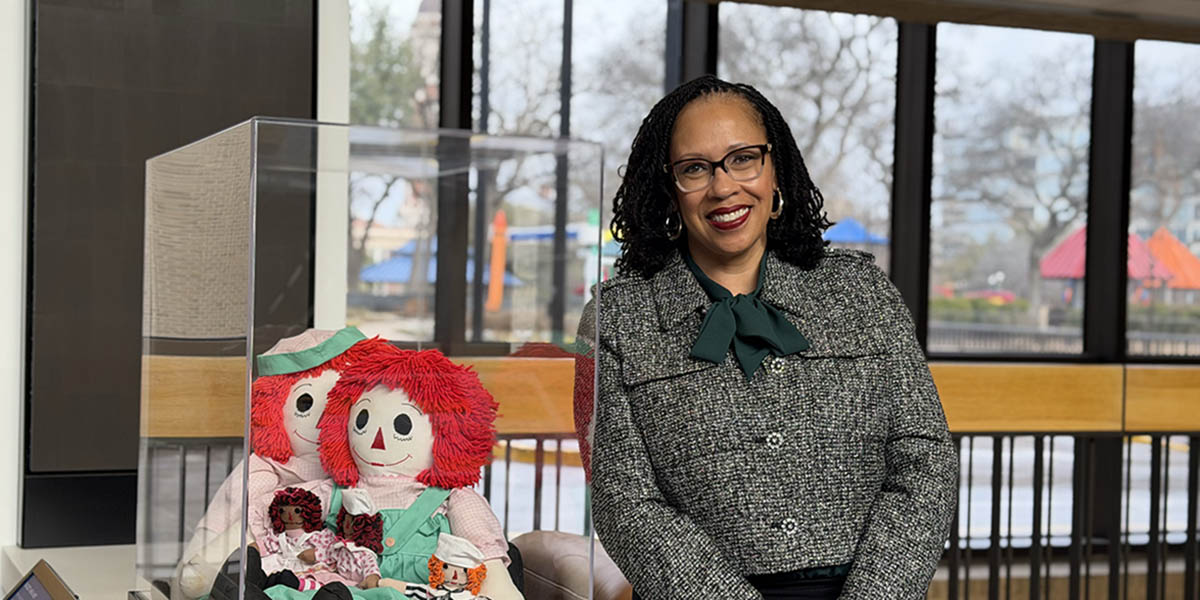For young athletes, calcium is an important micronutrient essential for bone health, injury prevention and optimal performance. The benefits of physical activity far outweigh any risks, but it’s important to know that high volume or intensity in sports can place added stress on a growing athlete’s bones. Maintaining proper nutrition can help prevent bone stress injuries and promote strong bone development.
Sports medicine physician Jane S. Chung, M.D., understands that a child’s pre-teen and teenage years are a critical time period for building a strong foundation for their bones. “I see many young athletes, especially girls, who have a history of overuse-related bone stress injuries,” Dr. Chung says. “These injuries include stress fractures, often related to underfueling. A way to avoid this is by making sure young athletes receive the recommended amount of daily calcium.”
Read the following from Dr. Chung about incorporating calcium into a regular diet, as well as advice on when to consider supplements.
Daily Calcium Guide for Strong Bones
There are many ways for young athletes to meet their daily calcium needs, with food being the best source. If necessary, taking supplements can help them reach this goal. Adding a vitamin D supplement or consuming vitamin D-rich foods and beverages helps the body’s ability to absorb calcium.
Some medical conditions may require a different approach, but below is a guide for incorporating calcium in the diet of a child between the ages of 9 and 18 years old.
Calcium in Food
Aim to eat or drink 4 to 5 servings of calcium-containing foods a day, which could include:
- Milk
- Yogurt
- Cheese
- Calcium and vitamin D, such as fortified orange juice
- Almond milk
- Cottage cheese
- Calcium fortified cereals, granola bars and tofu
- Vegetables, such as bok choy, kale, arugula, watercress, collard greens, broccoli and kidney beans
- Nuts, particularly almonds, sesame and chia seeds
Calcium in Supplement Form
Supplements can be found in tablet, chewable, gummy forms, among others. It is important to find the one that works best for your young athlete. To meet your daily calcium intake, young athletes can take 1300 mg of calcium from a daily supplement. It is best to have no more than 500 to 600 mg at a time for optimal absorption.
Calcium with Food and Supplement
Aim for half food and half supplement
- Around 500 to 600 mg calcium with supplement
- Around 800 mg calcium with food. Here are some examples:
- One 5-ounce yogurt at breakfast (250 mg calcium)
- Two slices of cheese on a sandwich (300 mg calcium)
- ¼ cup almonds (about 23 almonds) in a snack (75 mg calcium)
- Two cups fresh kale in a salad (180 mg)
These are general recommendations. If you have concerns about calcium intake for your young athletes, please speak with your physician, a sports medicine physician or a registered dietitian.
Call 469-515-7100 to schedule a consultation with Dr. Chung or another sports medicine physician.














